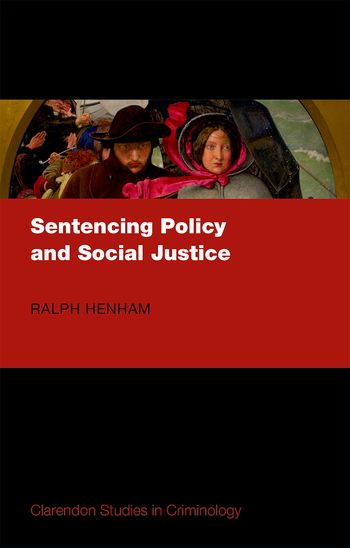
Sentencing Policy and Social Justice argues that the promotion of social justice should become a key objective of sentencing policy, advancing the argument that the legitimacy of sentencing ultimately depends upon the strength of the relationship between social morality and penal ideology. It sheds light on how shared moral values can influence sentencing policy at a time when relationships of community appear increasingly fragmented, arguing that sentencing will be better placed to make a positive contribution to social justice if it becomes more sensitive to the commonly-accepted moral boundaries that underpin adherence to the 'rule of law'.
The need to reflect public opinion in sentencing has received significant attention more recently, with renewed interest in jury sentencing, 'stakeholder sentencing', and the involvement of community views when regulating policy. The author, however, advocates a different approach, combining a new theoretical focus with practical suggestions for reform, and arguing that the contribution sentencing can make to social justice necessitates a fundamental change in the way shared values about the advantages of punishment are reflected in penal ideology and sentencing policy.
Using examples from international, comparative and domestic contexts to advance the moral and ethical case for challenging the existing theories of sentencing, the book develops the author's previous theoretical ideas and outlines how these changes could be given practical shape within the context of sentencing in England and Wales. It assesses the consequences for penal governance due to increased state regulation of discretionary sentencing power and examines the prospects for achieving the kind of moral transformation regarded as necessary to reverse such a move. To illustrate these issues each chapter focuses on a particularly problematic area for contemporary sentencing policy; namely, the sentencing of women; the sentencing of irregular migrants; sentencing for offences of serious public disorder; and sentencing for financial crime.